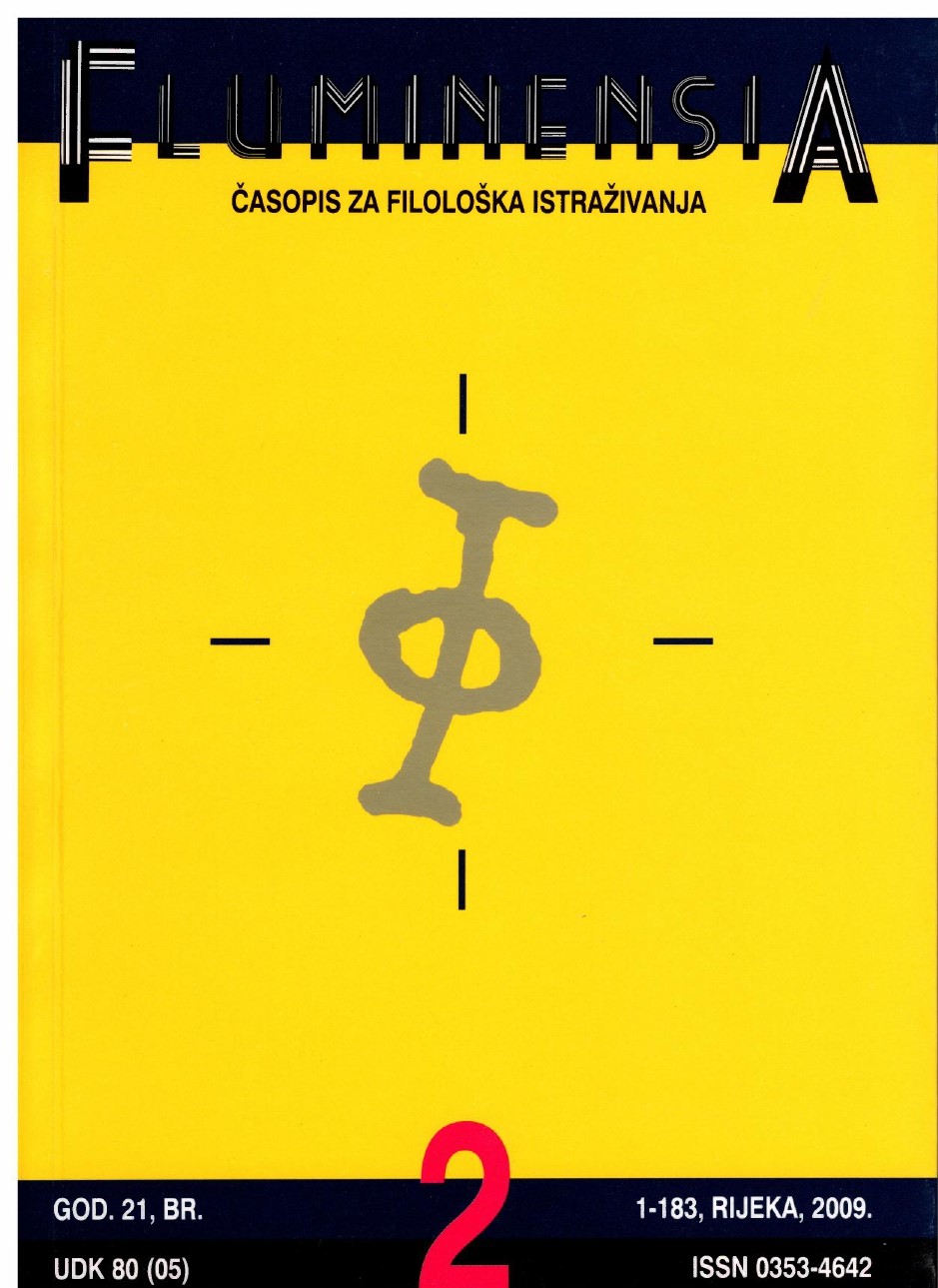METONYMY BASED ON CULTURAL BACKGROUND KNOWLEDGE AND PRAGMATIC INFERENCING: EVIDENCE FROM SPOKEN DISCOURSE
Keywords:
kognitivna lingvistika, pragmalingvistika, metonimija, analiza diskursa, inferencija, kulturološko znanjeAbstract
The characterization of metonymy as a conceptual tool for guiding inferencing in language
has opened a new fi eld of study in cognitive linguistics and pragmatics. To appreciate the
value of metonymy for pragmatic inferencing, metonymy should not be viewed as
performing only its prototypical referential function. Metonymic mappings are operative
in speech acts at the level of reference, predication, proposition and illocution.
Th e aim of this paper is to study the role of metonymy in pragmatic inferencing in spoken
discourse in televison interviews. Case analyses of authentic utterances classifi ed as
illocutionary metonymies following the pragmatic typology of metonymic functions are
presented.
The inferencing processes are facilitated by metonymic connections existing between
domains or subdomains in the same functional domain. It has been widely accepted by
cognitive linguists that universal human knowledge and embodiment are essential for
the interpretation of metonymy. Th is analysis points to the role of cultural background
knowledge in understanding target meanings. All these aspects of metonymic connections
are exploited in complex inferential processes in spoken discourse. In most cases,
metaphoric mappings are also a part of utterance interpretation.

